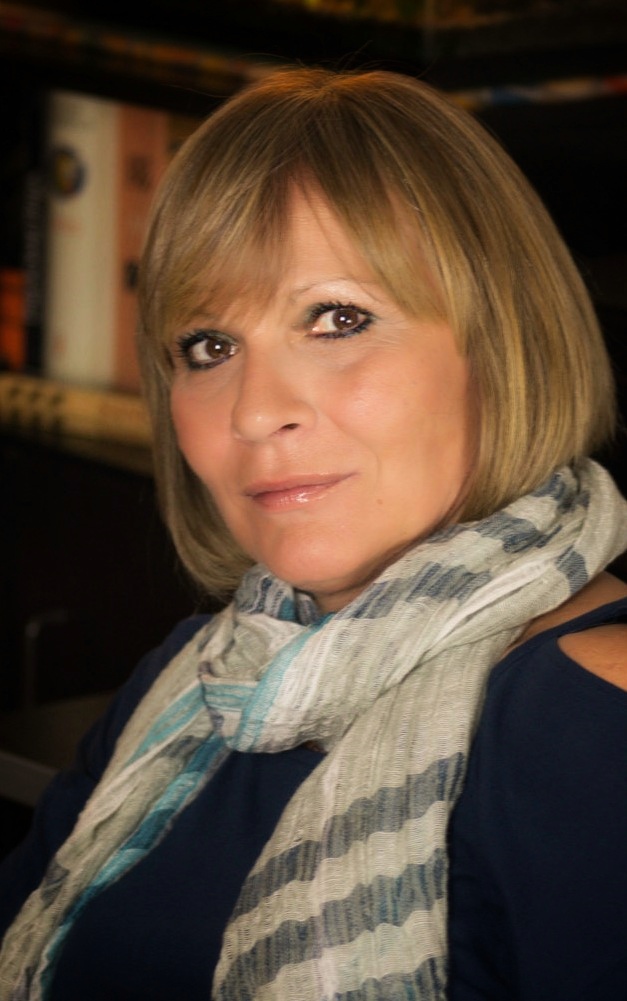Keynote lectures
Gordana Karan, PhD
University of Arts, Belgrade
Faculty of music
Serbia

Methodology of solfeggio teaching as a theoretical and normative music-pedagogical discipline. Taxonomy of solfeggio teaching elements
Although a relatively young music-pedagogical discipline, the methodology of solfeggio teaching in Serbia has reached an enviable level of development, primarily thanks to the long-lasting meticulous work and original and specific methodological settings of Prof. Zorislava Vasiljević, PhD. As a theoretical and normative music-pedagogical discipline, it contains a defined subject of study - music literacy. The path to it ranges from elementary musical literacy of students, to work on the formation of lasting knowledge and highly developed musical abilities and skills. Within the theory, it defines the concepts, phenomena and laws of learning music as well as the practical tasks of teaching. It is created by a systematized set of scientifically proven knowledge, tested in teaching at all levels of systematic music education. The applicability and efficiency of theoretical knowledge is permanently checked within the teaching, reviews, annual and entrance exams. Within the modern methodology of solfeggio teaching in Serbia, the material tasks of teaching solfeggio (understand, learn ..., music), functional tasks (form, develop, improve, practice, build musical abilities) and educational tasks (adoption of educational values) are all defined.
The modern methodology of solfeggio teaching in Serbia also treats the conceptual nature of music education and its didactic basis and principledness. It relies on established pedagogical rules and didactic principles. With the formed stages of the teaching process, determined forms of work and methodical conception, it fits the factors that affect learning, memory, performance and interpretation of music. The Serbian methodology of solfeggio teaching is an open system, prone to upgrades and changes. The quantity of solfeggio teaching elements reflects the multi-layered and branched nature of its elements that form the solfeggio teaching methodology as a complex, multilateral, layered and complex music-pedagogical discipline. The elements are in complete symbiosis, interactive and cause-and-effect.
Biography:
Gordana Karan, PhD, graduated from the Faculty of Music at the University of Arts in Belgrade at the Department for Music Pedagogy, and later defended her master's and doctoral theses there. She has been employed by the Faculty of Music since 1995, and in 2010 was elected Full Professor at the Department for Solfeggio and Music Pedagogy. Gordana Karan is the author of the monograph Miloje Milojevic in the World of Music Pedagogy, co-author of the teaching literature – textbooks and manuals – used at secondary music schools and the Faculty of Music. She is also co-author of the collection of authored music for the subject Timbral Distinction in Aural Perception as well as of the Anthology of Serbian Music for Children and Female Choir from Composers of the Late 19th and Early 20th Century in three volumes. Gordana Karan is also the author of numerous published articles in the field of music pedagogy. 42 students from the Faculty of Music in Belgrade, and the Faculty of Philology and Art (FILUM) in Kragujevac, have defended their graduate or master’s thesis under her mentorship. She provides mentorship for doctoral dissertations in the field of music pedagogy. She is the science coordinator for the Office of the Dean of the Faculty of Music.
Karin Wagner, Mag.art. Dr.phil.
University of Music and Performing Arts, Vienna
Ludwig van Beethoven Institute

Photo: Lukas Beck
„Playing – is just playing“
Experimenting with György Kurtág: Játékok (Games) for piano
With his nine volumes of Játékok (Games) for piano György Kurtág (*1926) follows Béla Bartók’s tradition in composing instructive, pedagogical pieces of highest artistical value. Neither does this series (ranging from short pieces for beginners to concert-literature) provide a piano tutor, nor does it simply stand as a collection of pieces. In Kurtág’s own words it is “a possibility for experimenting”: The Játékok-pieces are evolved from teaching experience, especially Volume I offers new paths for playful experimenting, having a “free” body without needless blockading tensions. Primarily intended as children’s pieces, they encourage creative activity, stimulate the interpreter’s identification with the musical material and facilitate a high level of self-awareness. Haptic and gestural piano-playing is characteristic for those pieces, that the composer called snap-shots, a “musical diary”, a workshop for his life or a kind of “notebook”. Improvisation is the best way to get in touch with Kurtág’s elements of piano technique – and improvisation will also lead to the signs of notation.
Biography:
Karin Wagner, Mag. art., Dr. phil., studied piano at the Bruckner Conservatory in Linz and the University of Music and Performing Arts in Vienna. There she received her diploma in piano with distinction and the Honorary Prize of the Republic of Austria. She also received her diploma for Doctor of Philosophy (Major: Music History, Minor: Contemporary History) with distinction. Karin Wagner teaches piano and piano pedagogy classes at the University of Music and Performing Arts, Vienna (Ludwig van Beethoven Institut für Klavier in der Musikpädagogik, https://www.mdw.ac.at/lvb/). She teaches in teacher-training workshops in collaboration with different institutions all around Europe (also with a focus on György Kurtágs Játékok). Karin Wagner wrote the first German-language biography of composer-in-exile Eric Zeisl and the first universally published biography of composer-in-exile Hugo Kauder. She is music critic for the Oberösterreichische Nachrichten, programmer at dorf TV Linz and program host for the “Kepler Salon” in Linz. 2012 Karin Wagner was awarded the Elfriede Grünberg Preis for her scholarly work.
Website: http://www.karin-wagner.at

